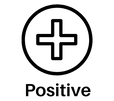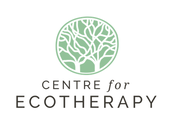The Academy of Medical Sciences delve into the future of medical research at an innovation away day workshop around the fire
All pictures: Academy of Medical Sciences
Who are they?
The Academy of Medical Sciences is a fellowship of 1,200 of the UK’s best medical science researchers working at universities and hospitals across the UK, with a mission to improve health through research.
Looking at the future of medicine
It’s March 2018, and the Academy are running a series of Horizon Scanning workshops across the UK to look at the future of medicine over the next 30 years. The workshops are bringing the Academy’s fellows and grant awardees together with curious creatives from various research disciplines, to explore what areas of medical research and innovation will have the greatest impact on society by 2048 (when the Academy turns 50). The Academy have asked School of the Wild to host the Brighton workshop - the idea is to hold it away from the usual world of universities and hospitals, in an environment not normally connected to research, to inspire attendees to think more broadly about the future. Futures consultant Oliver Grant is leading the sessions with support from Academy of Medical Science (AMS) staff, and writers and graphic visualisers who record the conversations.
Researchers discuss the innovation curve. picture: Academy of Medical Sciences
What we did
We suggested a pre-session foraging walk in Stanmer, followed by a wild food lunch, then to hold the workshop and conversations around a campfire, supported by a whittling session, to enable a diverse group to connect quickly and dive deeper into the topics. Fires are primal and connecting, and something we’ve been doing together for thousands of years: they're relaxing, remove hierarchy, and together with sitting in a circle, will naturally facilitate conversation. Plus doing something creative with your hands is a recognised way to support conversations, and whittling is a well-known for this, and is a calming activity. In any case, creating something out of nothing is incredibly satisfying. The Academy are keen to explore how an outdoors workshop with whittling will work, and whether it will lead to more meaningful conversations.
Learning about wild edible plants on a foraging walk. picture: Academy of Medical Sciences
What happened
The group meet in front of Stanmer House, and gather around our flag for a quick introduction to the history of the area, and to set the scene for the foraging walk. They are men and women from academia and various establishments across the South East: senior researchers and professors specialising in cancer, genetics, Alzheimer’s and more. Foraging is humanising and connecting, and as the group walk and learn about various wild plants, they chat and ask questions, make notes, and laugh together.
pictures: Academy of Medical Sciences
Arriving at base camp, we have prepared a delicious wild lunch, ready to greet the group. Chatting around the fire, the group tuck in and polish it all off.
After lunch, we all move to the fire area for the horizon scanning workshop, to have the conversations and discussions to speculate about the most transformative areas of scientific research and innovation, what they will be and what they will do for society.
The fire is a great focal point. We give everyone a knife and a piece of wood, and introduce the whittling. They get going and are quickly into it. The graphic recorder from Scriberia has set up a board at the back of the circle and is poised to start drawing. Oliver introduces the questions for the group to consider. Initially though, Oliver struggles to get their full attention. They’re concentrating, head down, engrossed in the carving. But after 15 minutes of getting the hang of the knife cuts needed to whittle, the group conversation starts to flow... and the whittling is really helping, as does having some of the topics printed out and laid on the ground. The conversation is wide ranging and covers several topics affecting health and medicine:
Graphic recording of the discussion points. pictures: Academy of Medical Sciences
A shiver runs down my spine when a senior cancer researcher brings up the issue of integrated humans needing to be more connected with nature, and the effect of environmental factors.
The news reports of the day have been about the impact of microplastics in the oceans, and it’s all very pertinent to the discussions we're having around the fire.
Did the day achieve its aims?
The group connected, and they communicated. They shared some really interesting and deep conversations about the future of medicine. There was a willingness to engage and share, and a really great feeling throughout the day. A particularly good telling point: no one got their phone out.
Afterwards Professor John Holloway from University of Southampton tweeted, “Couldn't have had a better place for a horizon scanning event - would highly recommend @SchoolWild for away days, team building etc.” (Thanks prof!)
Nick Hillier, Director of Communications at the Academy of Medical Sciences wrote, “Working with School of the Wild meant we could take our Fellows out of their day-to-day environment to do something completely different from their day job. The wild workshop enabled them to think about the future in ways that would never have happened in a standard corporate meeting room.
"There was something really special about holding our meeting sat around a fire. The team at the School of the Wild helped us mix activates such as foraging and whittling into our slightly more traditional meeting agenda.” The wild workshop enabled [us] to think about the future in ways that would never have been possible in a standard meeting room.
Nick Hillier, Academy of Medical Sciences
School of the Wild run team away days and creative campfires for organisations of all sizes. Read here for more information, or get in touch here.
Comments are closed.
|
Author & CuratorNigel Berman is the founder of School of the Wild. Archives
March 2024
|
Leaders |
About Us
Support |
|
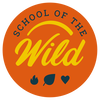
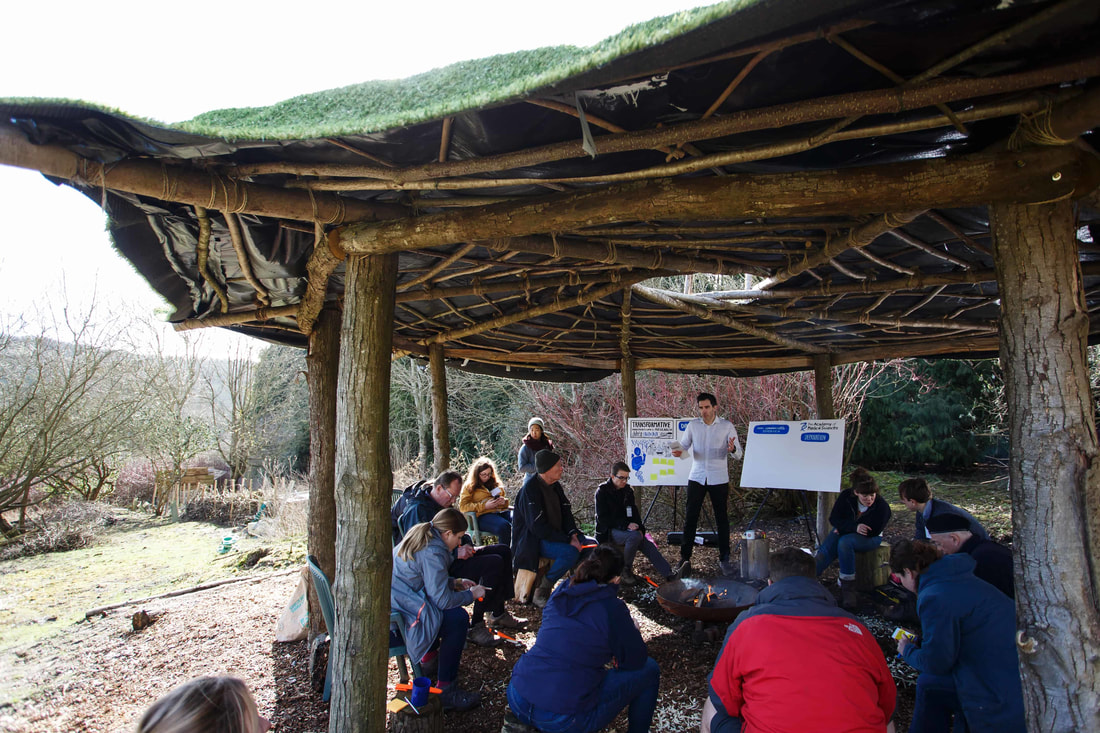
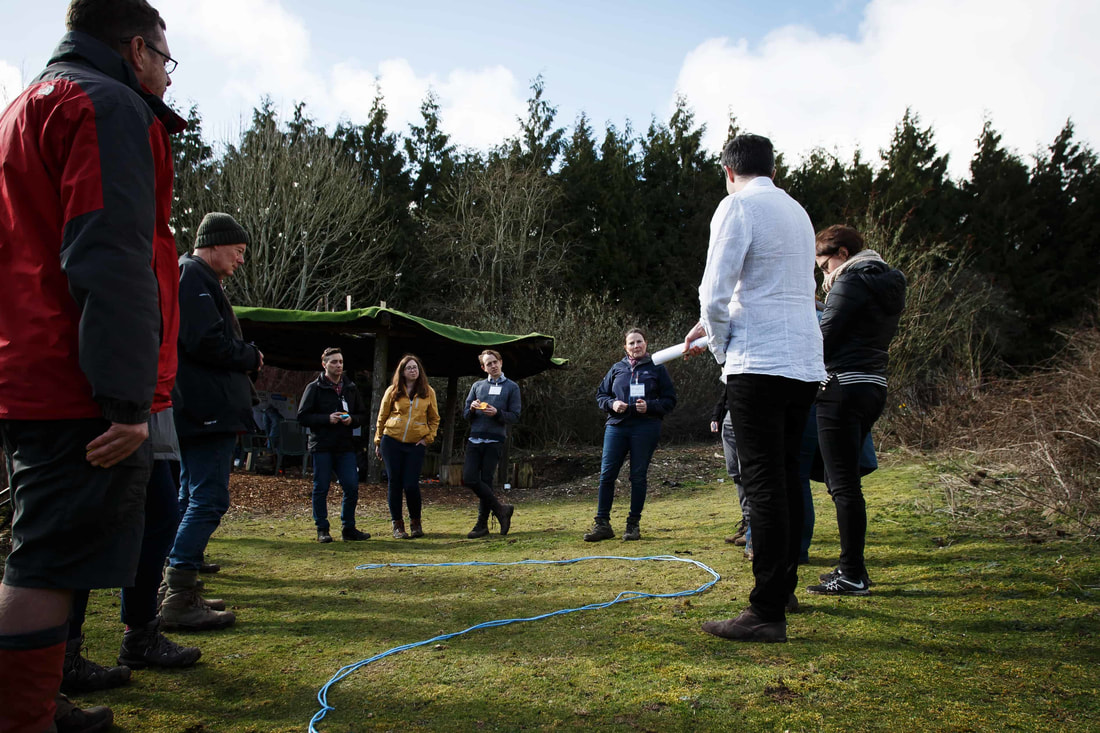
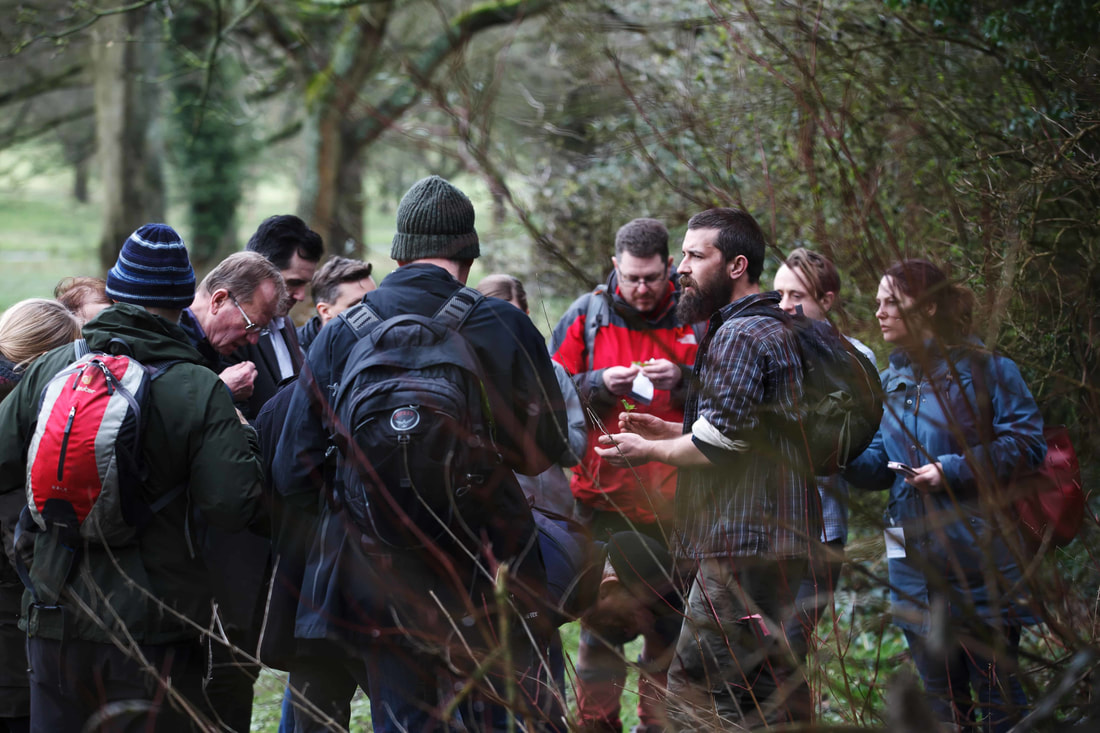
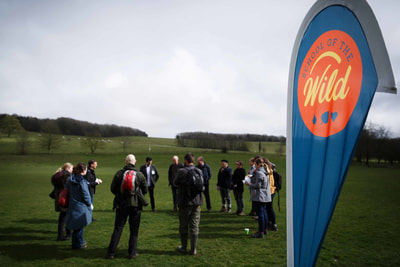
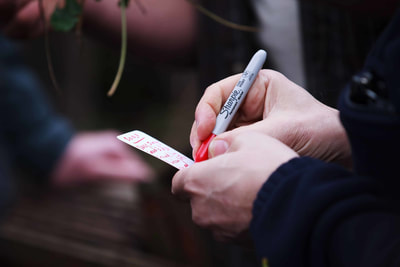
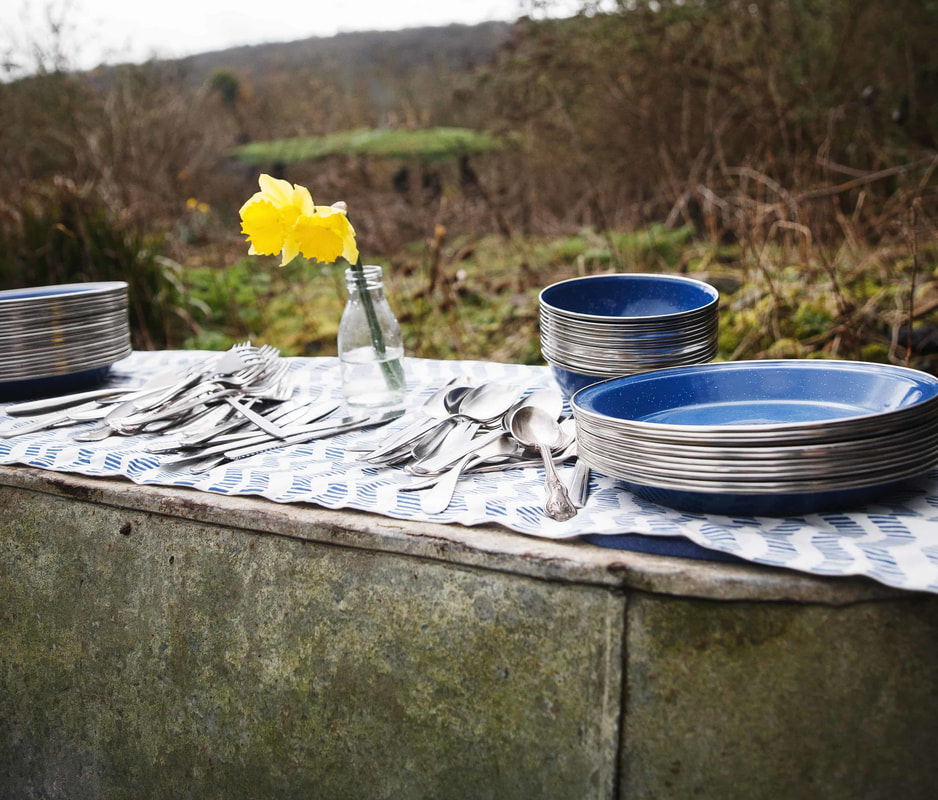
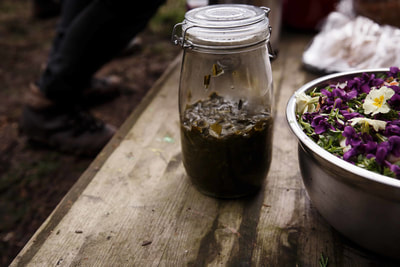
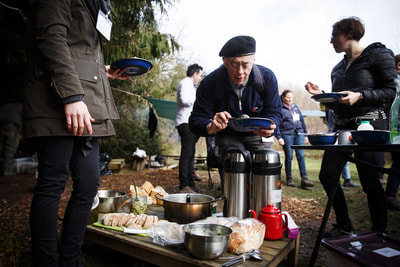
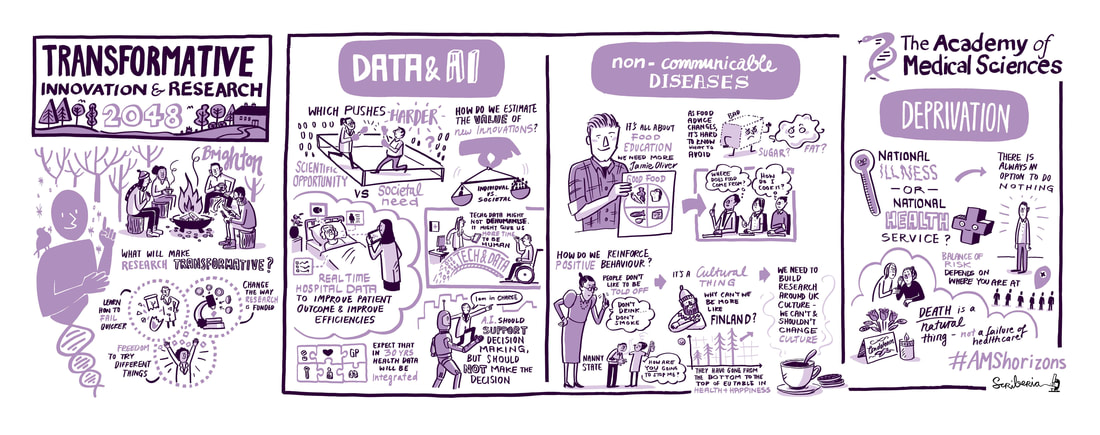
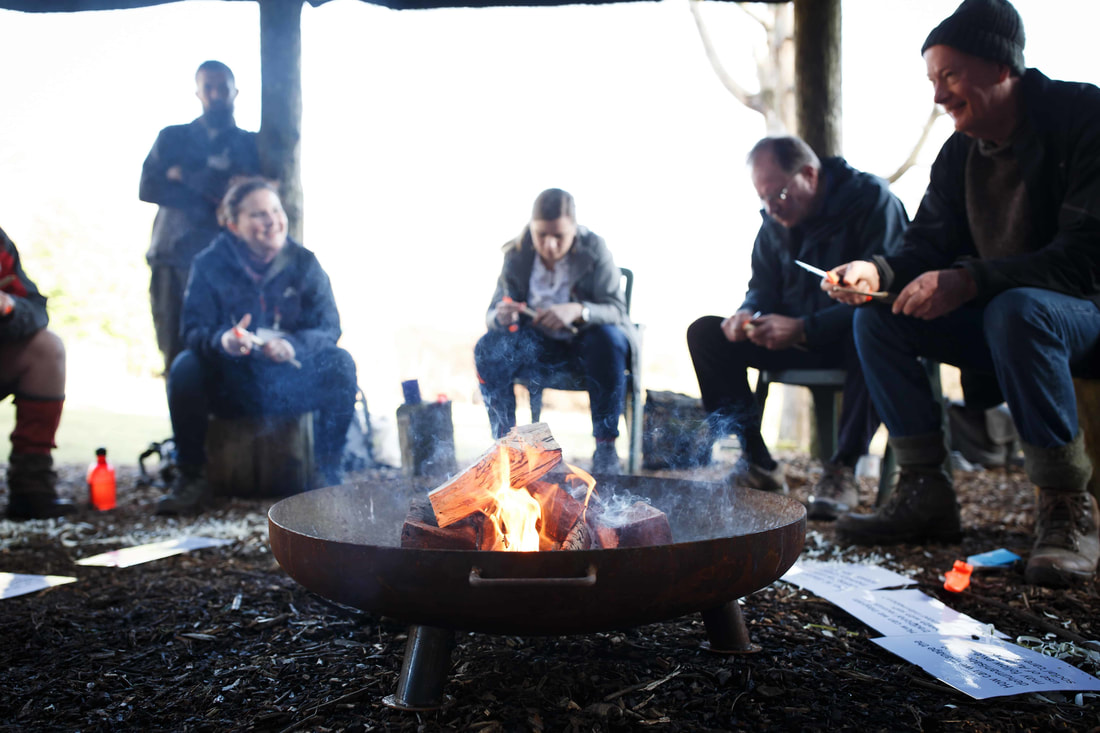
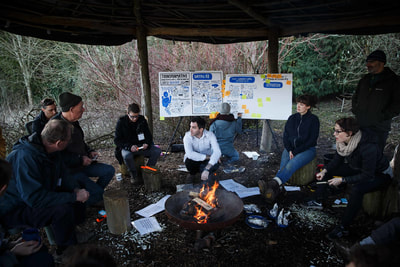
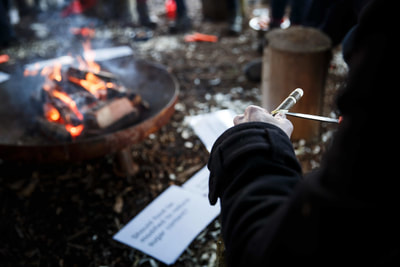
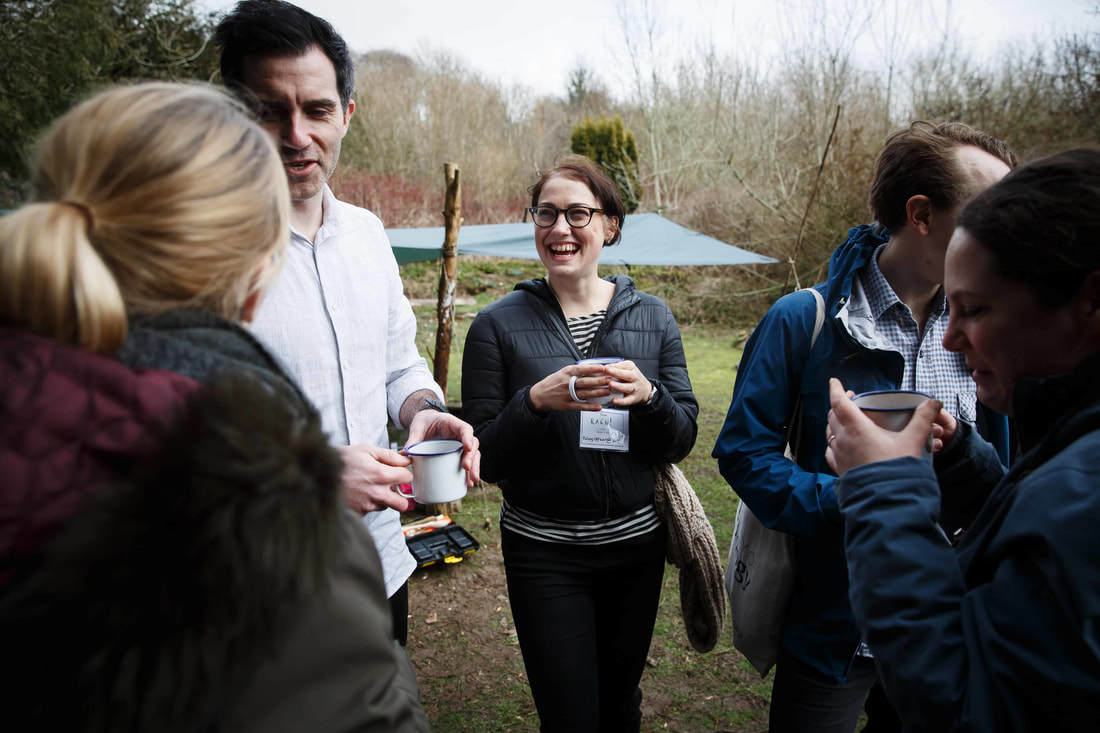
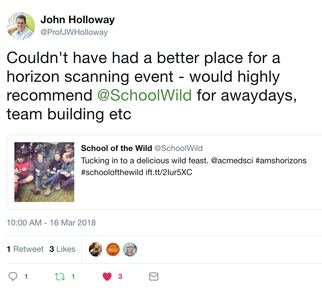
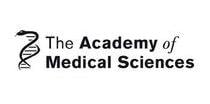
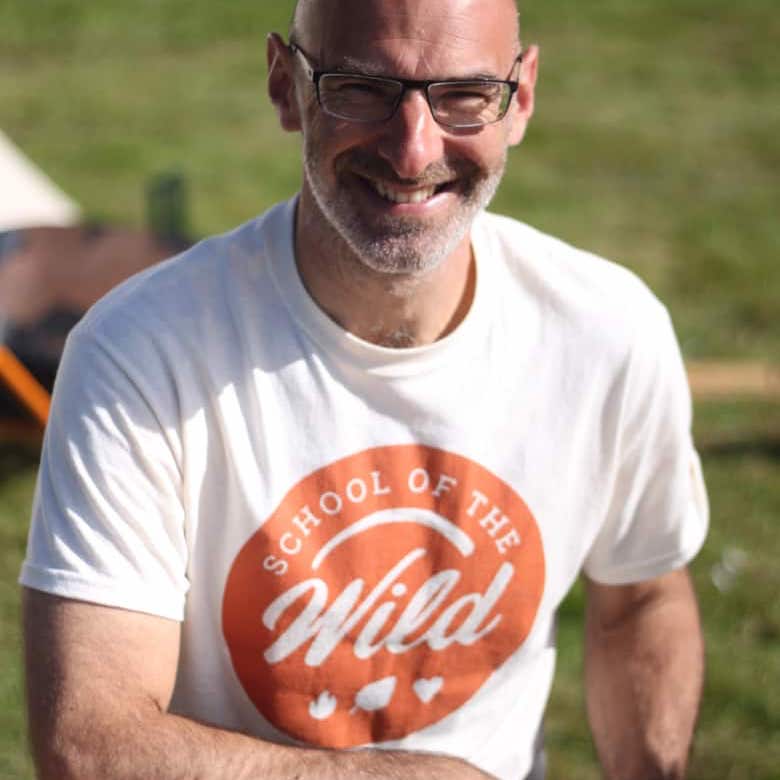
 RSS Feed
RSS Feed
